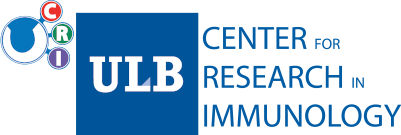Department of Pharmacotherapy and Pharmaceutics - Faculty of Pharmacy
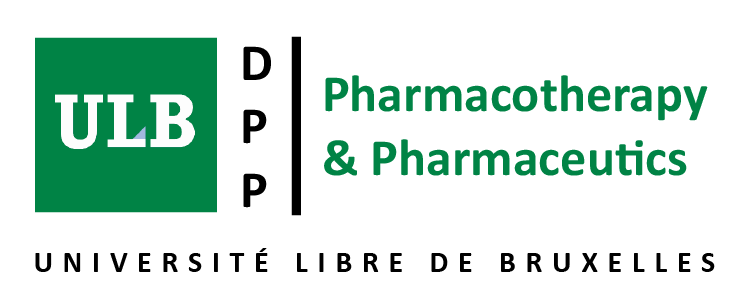
The research
in the Department of Pharmacotherapy and Pharmaceutics focuses
on the pharmacokinetics and the pharmacodynamics of a drug, the interactions
between drugs and natural products, the evaluation of pharmaceutical practices
in hospitals and community pharmacies and on patient adherence to treatment.
European Plotkin Institute for Vaccinology
Institute for Medical Immunology - Faculty of Medicine
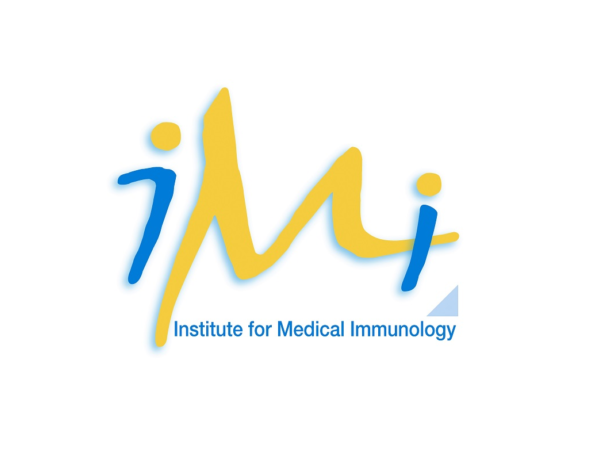
The
Institute for Medical Immunology (IMI) is part of the Faculty of Medicine and gathers six research groups led by : Arnaud Marchant (Director- Human immunology) and Fabienne Willems- located on the Erasme campus; Stanislas Goriely (Director- Basic Immunology), Véronique Flamand, Michel Braun and David Vermijlen (Associated investigator, Faculty of Pharmacy)- located on the Biopark campus in Gosselies. About 45 researchers are active in different key areas, including
infectious diseases and
vaccine responses,
early life immunology,
inflammatory disorders and
tumor immunology. Research projects bridge fundamental, pre-clinical mouse studies and human immunology.
Institute of Interdisciplinary Research in human and molecular Biology (IRIBHM) - Faculty of Medicine
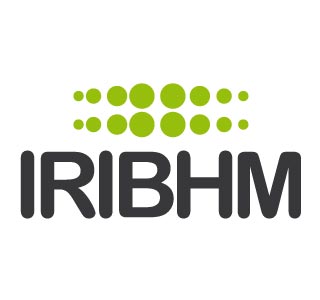
Research at
IRIBHM is centered mainly but not exclusively on the study of signal transduction in biology, from a variety of different viewpoints and approaches: molecular genetics, molecular oncology, molecular enzymology and pharmacology, cell biology, theoretical modeling, developmental biology, gene therapy. In the seventies and the eighties, the Institute has been a pioneer in the field on molecular endocrinology, initially applied to the thyroid gland model. In the nineties, it has been amongst the first to apply reverse pharmacology and what is now called functional genomics to the study of G protein-coupled receptors and genes of regulatory cascades. This led to breakthroughs in a number of fields: control of cell proliferation by cyclic nucleotides, oncogenesis, molecular pharmacology and enzymology, AIDS.
Jules Bordet Institute - Faculty of Medicine
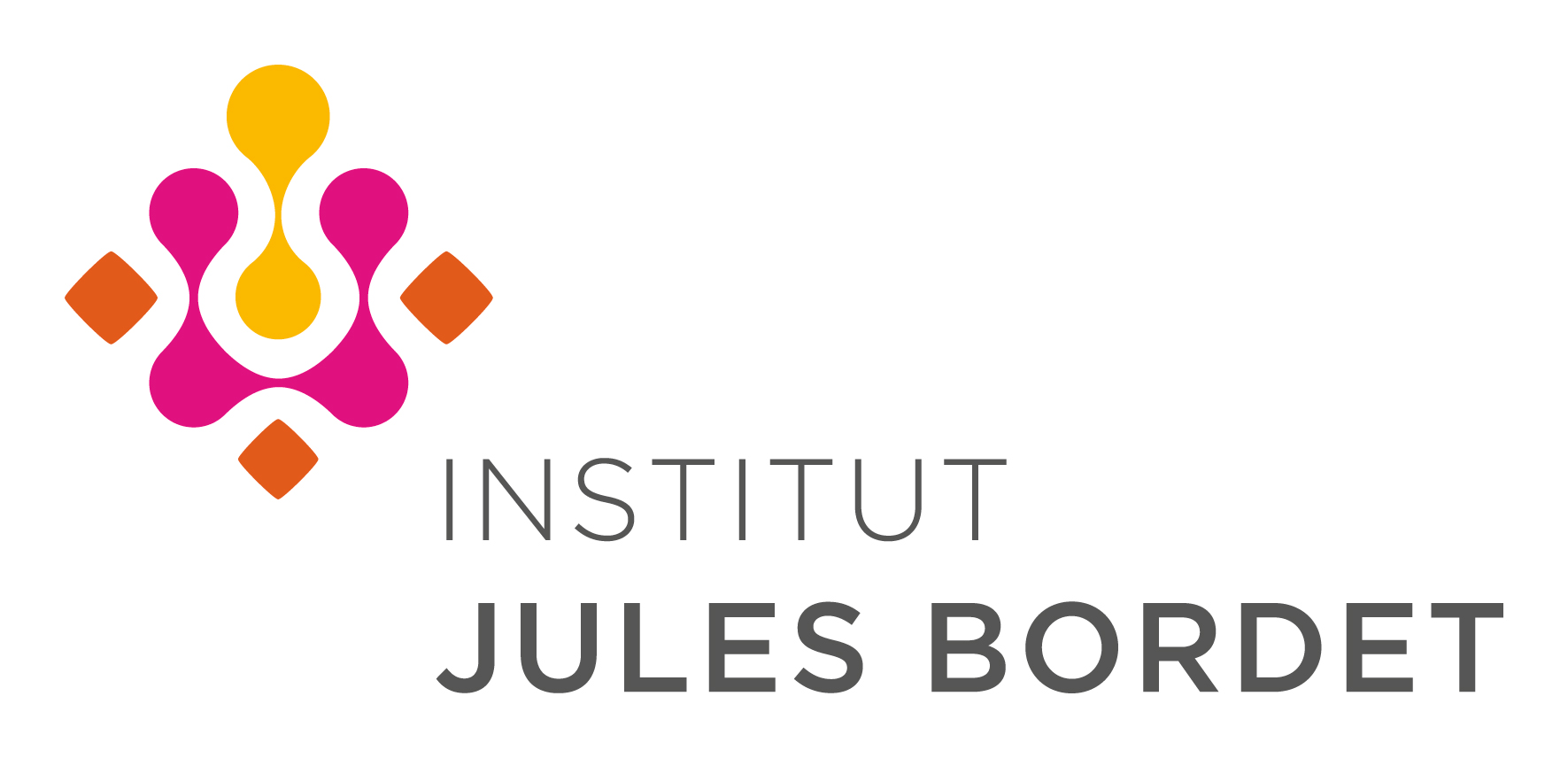
Since its foundation, the
Jules Bordet Institute has always strived to understand the cellular mechanisms involved in cancer and to improve cancer treatments. By collaborating closely with healthcare professionals and doctors from all fields of medicine, researchers at the Institut Bordet are able to offer patients the latest innovations derived from scientific research.
Laboratory of Immunobiology - Faculty of Sciences
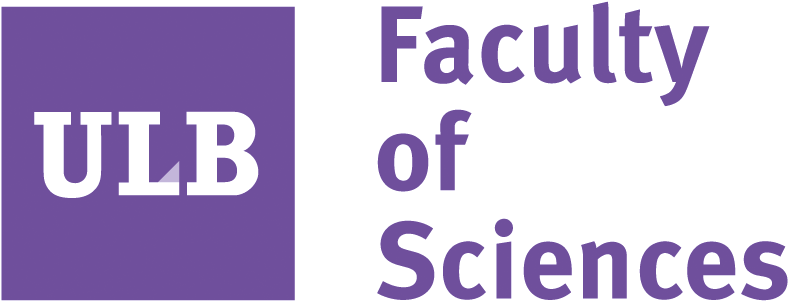
The
Immunobiology Lab is part of the Faculty of Sciences and is located in the Institute for Molecular Biology and Medicine (IBMM) in the Biopark campus (Gosselies). It is headed by Stanislas Goriely and is composed of the teams of Oberdan Leo, Fabienne Andris, Guillaume Oldenhove and Muriel Moser (honorary professor). Main research themes include T cell biology, immunometabolism, inflammation and cancer using mouse models.
Laboratory of Molecular Biology of the Gene - Faculty of Sciences
Research in the
Laboratory of Molecular Biology of the Gene focuses on the regulation of gene expression, a process which is fundamental for cell homeostasis and invariably leads to severe human pathogenesis when defective. Therefore, novel treatment strategies for a number of different diseases may depend on our ability to exploit mechanisms that normally alter the expression of endogenous genes.
While historically, gene regulation studies have mostly focused on transcription, it has recently become evident that post-transcriptional levels of control play an equally important role. Our laboratory studies different aspects of postranscriptional gene regulation with a particular focus on the translation and stability control of mRNA containing so called AU-rich elements.
Laboratory of Parasitology - Faculty of Medicine
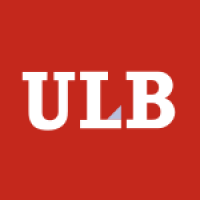
The
Parasitology Lab of the Faculty of Medicine of ULB assumes research, cooperation, teaching and service functions in its competence field of medical parasitology.
Laboratory of Pediatric Research, Inflammation Unit - Faculty of Medicine
The morbidity and mortality
associated with number of infectious and non-infectious inflammatory diseases
differ between men and women. While males are more susceptible to
infection-induced acute inflammatory diseases, females are more vulnerable to
chronic inflammatory diseases such as autoimmune diseases, asthma and cystic
fibrosis. Clinical investigations in pre-pubertal infants indicate that sexual
hormones cannot fully explain such gender bias and that sex specific genetic
architecture may play a prominent role.The objective of our research is to
depict biological markers and molecular signatures associated with acute or
chronic inflammation in infectious and non-infectious diseases with taking into
account gender as a biological variable to gain insight into physiopathological
processes underlying distinct outcomes in males and females.
Our current clinical and
experimental studies aim at deciphering the implication of chromosome X-linked
immune genes in gender bias of the modulation of the innate inflammatory
response in acute (infection-induced pneumonia model) and chronic (cystic
fibrosis model) inflammatory settings. We try to characterize cellular and molecular
mechanisms at work with particular focus on the potent role of microRNAs, a
group of small non-coding RNA that play a key role in the regulation of various
biological processes including inflammation. To this end, we perform clinical
investigations in close collaboration with the pulmonology service (Dr N
Lefèvre, Dr L Hanssens, Dr G Casimir) of the Queen Fabiola University
Children’s Hospital (HUDERF). In parallel, we develop experimental studies of
infection and inflammation in mice to test our hypothesis in collaboration with
Dr M Romano and Dr O Denis (Sciensano)
We also carry out a cooperation
project financed by the ARES (Académie de Recherche et d’Enseignement
Supérieur) between Belgium and Morocco involving ULB and universities of
Casablanca (UH2 and UM6), and Pasteur institute of Casablanca. The aim of the
project is to support local prospective microbiological and immunological
investigations on major infectious diseases affecting mother-infant pair for
implementing a global control strategy.
Laboratory of Translational Research - Faculty of Medicine
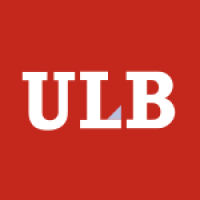
The Laboratory of Translational Research consists of different research groups:
- Laboratory of experimental immunology (F Corazza);
- Clinic of Immunoallergology (O. Michel, VI Doyen);
- Physiopathology of bone and calcium metabolism: regulation of bone remodeling and the role of the Parathyroid-hormone Related Peptide in its regulation (P. Bergmann, N. Nijs, R. Karmali); bone mass measurements in metabolic bone diseases (coll. with the dept of Nuclear Medicine (A.S. Hambye), the Dept of medicine (J.J. Body, S. Cappelle) and the Clinic of Rheumatology, A. Peretz);
- Experimental surgery: grafts of foetal organs (V. Coulic, with the collaboration of the Dept of Surgery and the Laboratory of Pathology);
- Clinical Research Unit (A. Peretz, T. Besse): conception, organization and gestion of clinical studies.
Laboratory of Vaccinology and Mucosal Immunity (LoVMI) - Faculty of Medicine

Research in the
Laboratory of Vaccinology and Mucosal Immunity focus on a better comprehension of different immunodeficiencies in humans. Three different immunodeficiency states are investigated, the immunodeficiency of childhood, the immunodeficiency of patients suffering from tuberculosis, and those associated with congenital immunodeficiencies. This work is at least partially based on the characterization of humoral and cellular immune responses to different infectious agents / or the correponding vaccine antigens. Therefore, we approach different questions of vaccinology with the hope to develop new strategies for better vaccine protection. In addition as the pathogens most often infect humans by the mucosal route, we characterize the immune reponses both within the blood and locally at the site of the infection. As we mostly aimed at the development of clinical immunology, our laboratory comprises medical doctors, scientists, and technicians.
